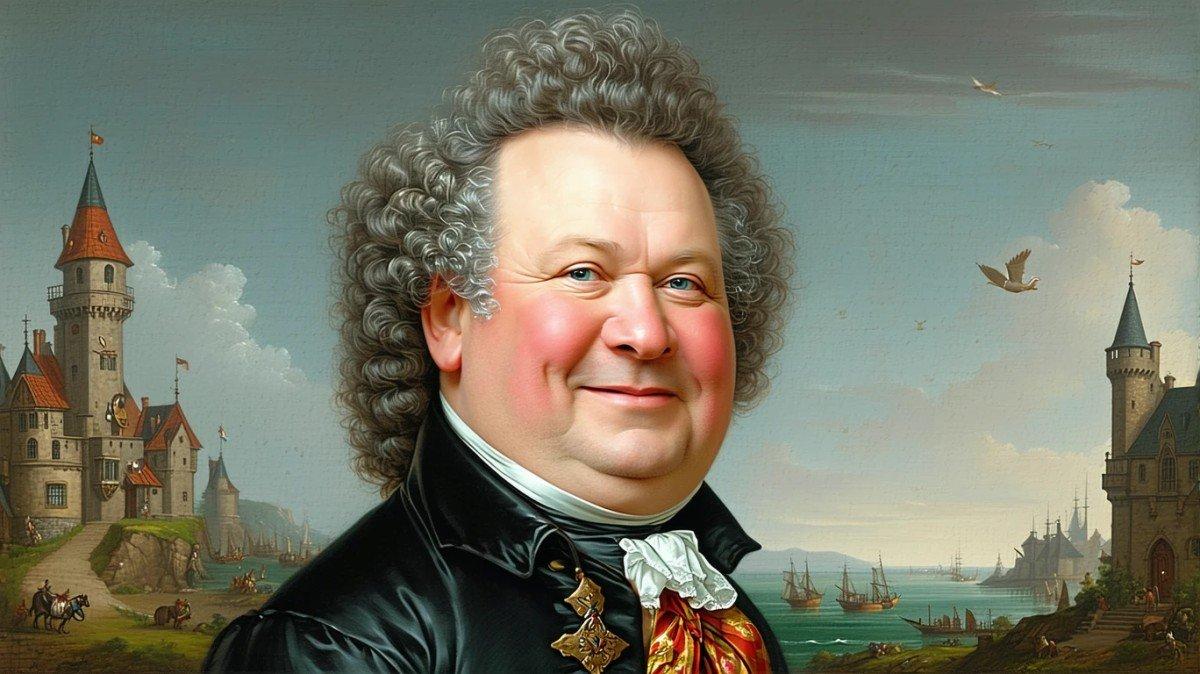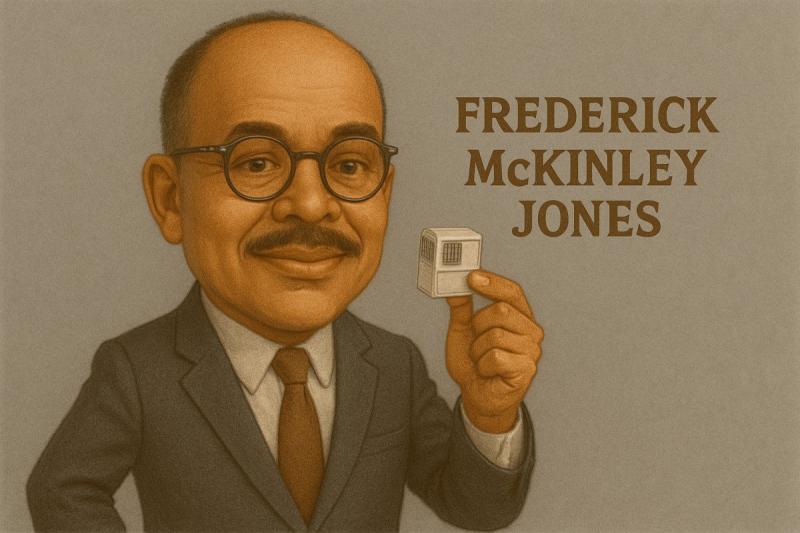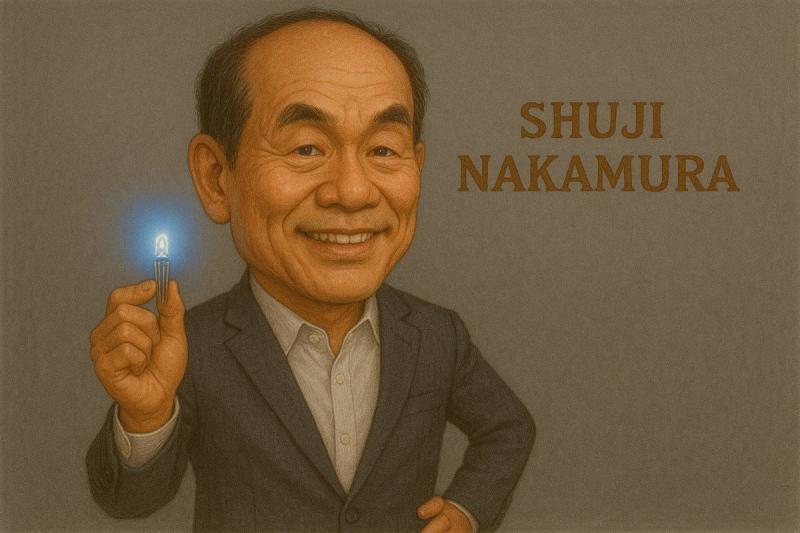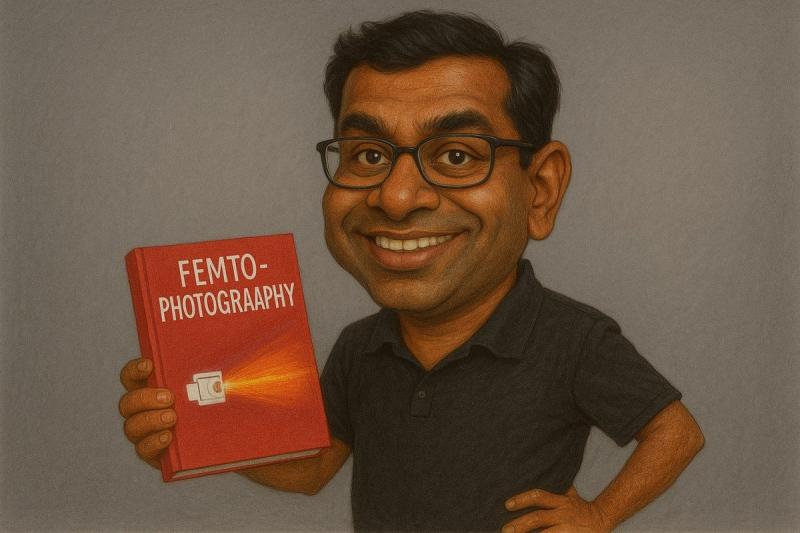Robert Hooke: The Brilliant Mind History Almost Forgot
Ever wondered about those scientific geniuses who didn't quite make it into your high school textbooks? Robert Hooke is definitely one of them. While most of us can rattle off facts about Isaac Newton or Galileo, Hooke remains in the shadows despite his mind-blowing contributions to science. And boy, did this man know how to make enemies in high places!
The Forgotten Genius of the 17th Century
Robert Hooke wasn't just some random scientist with a chip on his shoulder. Born in 1635 on the Isle of Wight, he was a legitimate polymath whose talents spanned across multiple scientific disciplines. Think of him as the 17th century's version of a Renaissance man – except with more drama and fewer paintings.
As a child, Hooke was sickly and not expected to survive to adulthood. Plot twist: not only did he survive, but he went on to become one of the most brilliant minds of his generation. Talk about proving everyone wrong!
What makes Hooke truly fascinating isn't just his scientific contributions but the fact that he had an uncanny ability to tick off some of the biggest names in science. It's like he had a special talent for scientific beef. :)
The Newton Feud: Science's Greatest Rivalry
Let's get this straight – Hooke and Newton weren't just academic rivals; they practically invented the scientific equivalent of a rap battle. Their feud was so intense that it's rumored Newton deliberately tried to erase Hooke from scientific history after his death.
The drama started when Hooke had the audacity to critique Newton's work on light and colors. Newton, who apparently had the emotional resilience of a wet tissue paper, took this extremely personally. The situation escalated when both men claimed to have discovered the inverse square law of gravitation.
When Newton later published his groundbreaking "Principia Mathematica," he barely acknowledged Hooke's contributions – despite evidence suggesting Hooke had proposed key concepts first. That's the 17th-century equivalent of "forgetting" to tag someone who inspired your Instagram post.
After Hooke's death, Newton became president of the Royal Society and – coincidentally, I'm sure – Hooke's only portrait mysteriously disappeared. Petty? Absolutely. Effective? Unfortunately, yes. For centuries, Hooke's contributions were overshadowed by Newton's legacy.
The Watch Spring Controversy: Tick-Tock Goes the Drama Clock
If you thought the Newton drama was enough, wait until you hear about the balance spring saga. This tiny component revolutionized watchmaking by dramatically improving accuracy, and Hooke claimed he invented it. The only problem? So did Christiaan Huygens, the famous Dutch scientist.
In 1675, both men announced their invention almost simultaneously, triggering one of history's most heated priority disputes. Hooke insisted he had conceived the idea earlier but had kept it secret using an anagram (a common practice to establish priority without revealing details).
The Royal Society eventually credited both men, but the damage was done. Hooke and Huygens became lifelong rivals, exchanging passive-aggressive scientific papers instead of just having a coffee and sorting things out like normal people.
What's particularly fascinating is how personal these scientific disputes became. Today, we might have Twitter wars, but back then, scientists wrote lengthy letters and treatises tearing apart each other's work. The 17th-century version of subtweeting, if you will.
Beyond the Drama: Hooke's Actual Brilliance
When he wasn't busy making enemies, Hooke was revolutionizing multiple scientific fields:
- As the curator of experiments for the Royal Society, he conducted thousands of demonstrations that advanced our understanding of physics.
- He coined the term "cell" after observing cork under a microscope and publishing detailed illustrations in his groundbreaking book "Micrographia" (1665).
- Hooke's Law describing elasticity is still taught in physics classes today.
- He invented or improved numerous scientific instruments, including the compound microscope, the universal joint, and the iris diaphragm.
- His architectural work helped rebuild London after the Great Fire of 1666, working alongside Christopher Wren.
The irony is that despite his fame during his lifetime, Hooke gradually faded into obscurity while his rivals became household names. Only in recent decades have historians started giving him proper credit.
The Inventor's Mind
What made Hooke special wasn't just his theoretical work but his practical genius. The man was obsessed with invention. He improved everything from timepieces to breathing apparatuses for divers. If Shark Tank had existed in the 1600s, Hooke would have been a regular.
His approach was remarkably modern – he believed in learning by doing and emphasized the importance of practical experimentation over pure theory. In today's terms, he was advocating for a "hands-on" approach when most scientists were content with philosophical discussions.
One of my favorite Hooke stories involves his meteorological studies. The man would literally wake up at various hours of the night to record weather conditions, creating some of the first systematic weather diaries. Talk about dedication! I can barely remember to check my weather app before leaving the house.
Why History Nearly Forgot Hooke
So why isn't Hooke as famous as Newton or Galileo? Several factors contributed:
- His powerful enemies (especially Newton) diminished his legacy.
- Hooke spread his talents across many fields rather than focusing deeply on one area.
- He didn't have a single, easy-to-explain "eureka" discovery that captured public imagination.
- The mysterious disappearance of his only portrait made him literally faceless to future generations.
IMO, Hooke's story serves as a cautionary tale about how science isn't just about discoveries – it's also about who tells the story afterward.
The Ultimate Scientific Underdog
There's something undeniably compelling about Hooke's story. He wasn't born into wealth or privilege. He didn't have Newton's political savvy or Huygens' aristocratic connections. Yet through sheer brilliance and determination, he earned his place among the scientific elite.
His combative personality might have cost him in the long run, but it also speaks to his passion for scientific truth. He wasn't afraid to challenge anyone, regardless of their status.
In recent years, Hooke has experienced something of a historical rehabilitation. Books, articles, and even BBC documentaries have brought attention to his overlooked contributions, giving him some long-overdue recognition.
Next time you hear about Newton's apple or Huygens' wave theory, remember there was another scientific giant of that era – one who may have been deliberately erased from popular history but whose work continues to influence science today.
Robert Hooke reminds us that sometimes, history's forgotten figures are just as fascinating as its celebrated heroes. And occasionally, they might just have the better claim to glory.



